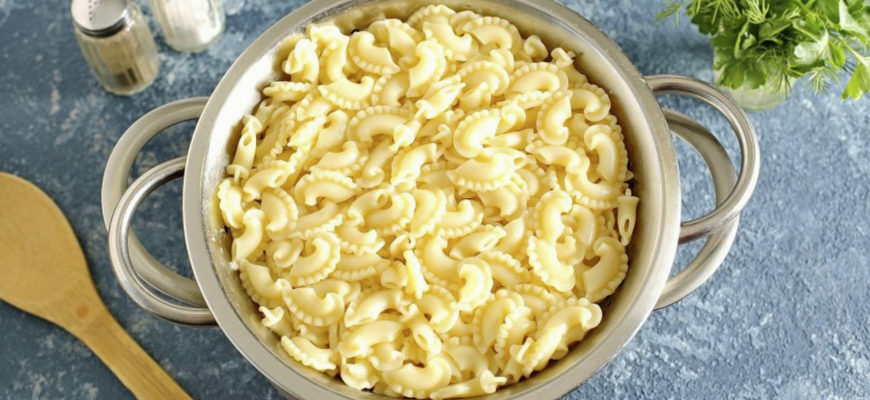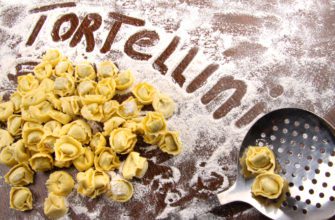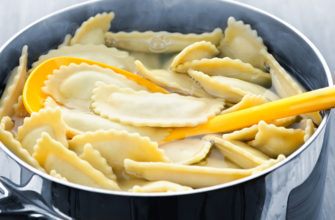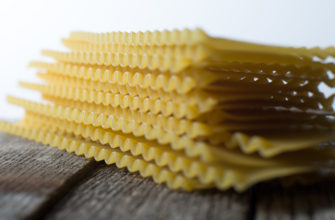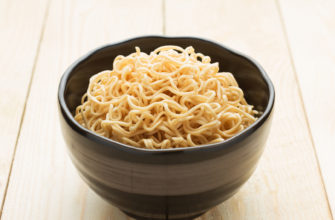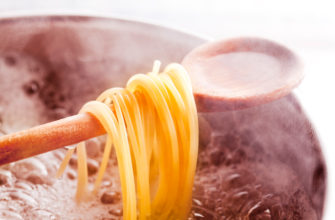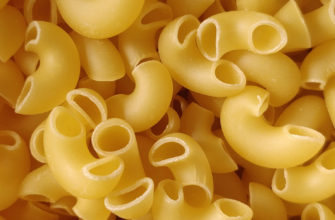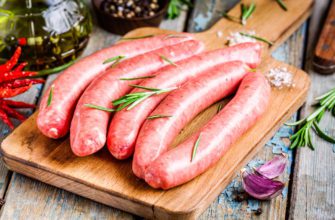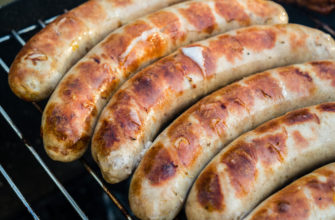As fun as it can be to hit the town for a wild night out, every now and then it’s nice to settle into some comfy clothes and make a nice, cozy dinner at home. An obvious choice for this (and one that is easy to impress a date with) is a well-executed pasta dish. But cooking pasta to perfection is not always easy—especially if you are not a particularly experienced home cook. In this article, we will discuss how long to boil pasta—from angle hair to oversized shells and everything in between.
How Long to Boil Pasta
Whether you’re trying to impress a date or simply make a satisfying, quick and indulgent weeknight dinner for yourself, cooking pasta for the right amount of time can mean the difference between an enjoyable meal and an inedible one. Often underestimated, cooking pasta well can be something of a delicate dance of timing and intuition, even though it is a very popular weeknight dish across the world for its versatility and low price point. While we won’t get into ways to dress your pasta in this article, we will touch on some of the most common pasta shapes and their respective cooking times.
How Long to Boil Angel Hair Pasta
Angel hair, with its fine texture, is one of the most delicate pasta shapes in existence and is known for its enjoyably silky-smooth consistency when cooked. Dried angel hair pasta is best boiled between 2-6 minutes. As with all pastas, the less you cook your it, the chewier it will be in the final dish. If you plan on cooking the pasta in a sauce for the final few minutes, be sure to pull it from the water a little bit early.
How Long to Boil Penne Pasta
Penne is a thicker pasta known for its angular tube shape, with ridges making it very popular for picking up sauces—from red sauce to macaroni and cheese. How long to boil penne pasta depends on how soft you like your final noodle, but typically you should boil penne between 10-13 minutes.
How Long to Boil Pasta Shells
Jumbo pasta shells will generally take between 6-9 minutes until they are thoroughly cooked, and small shells are typically considered done at around 8 minutes or so. This shape pairs perfectly with cheese—whether a rich cheese sauce, alfredo or stuffed with ricotta and herbs.
How Long to Boil Fresh Pasta
Cooking fresh pasta and dried pasta are two very different endeavors. Because dried pasta must rehydrate, it takes longer to boil—whereas fresh pasta can cook in as little as 30-90 seconds. Of course, the safest way to tell if your pasta is done through and through is to taste it—so pull a noodle from the water just before you think it’s done and enjoy a chef’s treat!
How Long to Boil Homemade Pasta
If you are pulling out all the stops and creating your own homemade fresh pasta, then you will want to cook it as gently and quickly as possible. Homemade pasta—whether pasta alla chitarra, fettuccini or gnocchi—should cook in less than two minutes. Other thicker homemade pastas, like ravioli, should cook in about 3 minutes.
How Long to Boil Pasta al Dente
To cook pasta perfectly, or until it is “al dente,” really depends on its shape, size and freshness. Don’t treat all pasta shapes equally, or you will end up with a very disappointing final result! For your convenience, we have included a chart with the approximate cooking times for various popular pasta shapes:
| Pasta Shape/Type | Cooking Time |
| Fresh Gnocchi | ~3 minutes |
| Fresh Ravioli | 3-5 minutes |
| Fresh Tortellini | 3-5 minutes |
| Fettuccini | 8-10 minutes |
| Spaghetti | 8-10 minutes |
| Linguine | 8-10 minutes |
| Penne | 10-12 minutes |
| Bows | 10-12 minutes |
| Elbows (Macaroni) | 9-12 minutes |
| Ditalini | 8-10 minutes |
| Cascatelli | ~13 minutes |
So…What Does “al Dente” Mean?
In Italian, “al dente” means “of the tooth,” or “toothsome”—essentially meaning that your pasta is cooked through with a generous and pleasant chew without being brittle or mushy. In short, it is the “Goldilocks” zone of pasta cooking! Al dente pasta is often achieved by removing the pasta from the water just before you think it’s ready and either finishing the noodles in hot sauce over the stovetop or allowing the holdover heat to finish cooking it once drained.
Tips For Cooking Great Pasta Every Time
Now that you know a thing or two about how long to cook some popular pasta shapes you may encounter in your everyday kitchen, we’ll share some tricks about how to consistently deliver quality pasta dishes each time you take to the kitchen. Here are some pro tips for cooking perfect pasta:
- Use a large pot with plenty of water: When you put too many noodles in too little water, the cooking liquid becomes extra starchy and concentrated, making it more difficult for the pasta to cook quickly and evenly. Don’t be shy here, and get out your big stock pot—especially if you’re cooking more than two servings—and fill it around two-thirds full.
- Salt your pasta water generously: This step is often overlooked or not executed properly. Some current culinary experts say to make your pasta water as “salty as the sea”; really, the goal here is to season your pasta from the inside out as it cooks. This adds a tremendous amount of flavor to the dish before you even get to adding sauce, cheese, butter or herbs.
- Save some pasta water for finishing the dish: As we mentioned earlier, the cooking water from pasta becomes starchy and relatively thick as the noodles cook. While this might easily look like waste and get thrown down the drain as you transport your noodles from the water into a colander, it’s generally a good idea to save some pasta water to add to any sauce you may have prepared for the dish. This can thicken the sauce while providing flavor (from the salt) and help not only finish cooking the pasta until it is al dente, but also pull the ingredients together into a cohesive, saucy dish. What’s not to love about that? This can be achieved using as little as ¼ cup of pasta water—but it’s usually best to reserve around one or two cups before draining your noodles.

